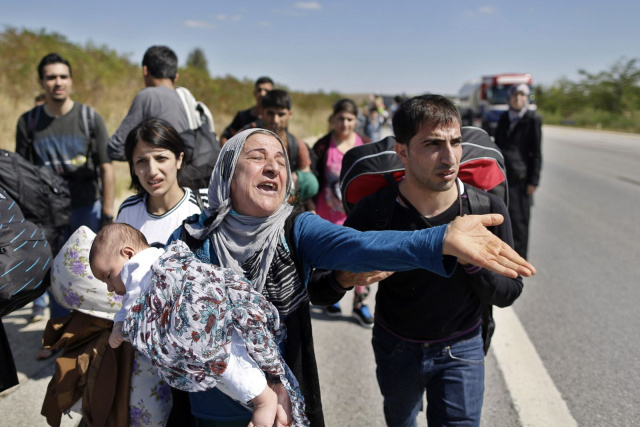
In a recent parliamentary scrutiny session, the former Minister of Internal Affairs, Kalin Stoyanov, delivered a candid exposé on Bulgaria’s handling of migration under the Dublin Regulation, shedding light on the intricate web of international cooperation and the challenges posed by transnational migration.
During the session, Stoyanov unveiled startling statistics, revealing that over the span of just over two months, Bulgaria has seen the return of 168 individuals under the Dublin Regulation. This revelation underscores the complexities inherent in managing migration flows across Europe.
Austria emerged as the primary source of returned migrants, with 69 individuals repatriated from the country. This statistic underscores the interconnectedness of European nations in addressing migration challenges and enforcing regulatory frameworks.
Notably, Bulgaria has received migrants from a diverse array of countries, including Germany, France, Belgium, Switzerland, the Netherlands, Romania, Sweden, Poland, and the Czech Republic. This diverse influx highlights the widespread nature of migration and the need for comprehensive, collaborative approaches to its management.
Crucially, Stoyanov emphasized that all returned foreigners are considered candidates for international protection within Bulgaria.
This commitment underscores the nation’s dedication to upholding humanitarian principles in its immigration procedures, ensuring that those in need receive the necessary support and assistance.
Among the returned individuals is a Moroccan national wanted for a crime in Germany, shining a spotlight on the challenges posed by transnational criminal activity within migration contexts.
This case serves as a stark reminder of the complexities involved in vetting and processing migrants, particularly in instances where criminal elements may be present.
Furthermore, Stoyanov revealed that Bulgaria has reciprocated by returning 225 foreigners to their countries of origin during the same period.
This bilateral and multilateral cooperation underscores the multifaceted nature of addressing migration challenges, emphasizing the importance of collaborative efforts in ensuring effective border management and security.
Stoyanov’s disclosures in the parliamentary scrutiny session offer a rare glimpse into the inner workings of Bulgaria’s migration policy.
As the nation grapples with the ongoing complexities of migration, such transparency and accountability are crucial in fostering public understanding and trust in governmental actions.
In light of these revelations, it is evident that Bulgaria remains steadfast in its commitment to navigating the intricate dynamics of migration while upholding its humanitarian obligations and safeguarding national security.
Moving forward, the nation will continue to rely on international cooperation and strategic partnerships to address the multifaceted challenges posed by migration in an increasingly interconnected world.
This article was created using automation and was thoroughly edited and fact-checked by one of our editorial staff members
